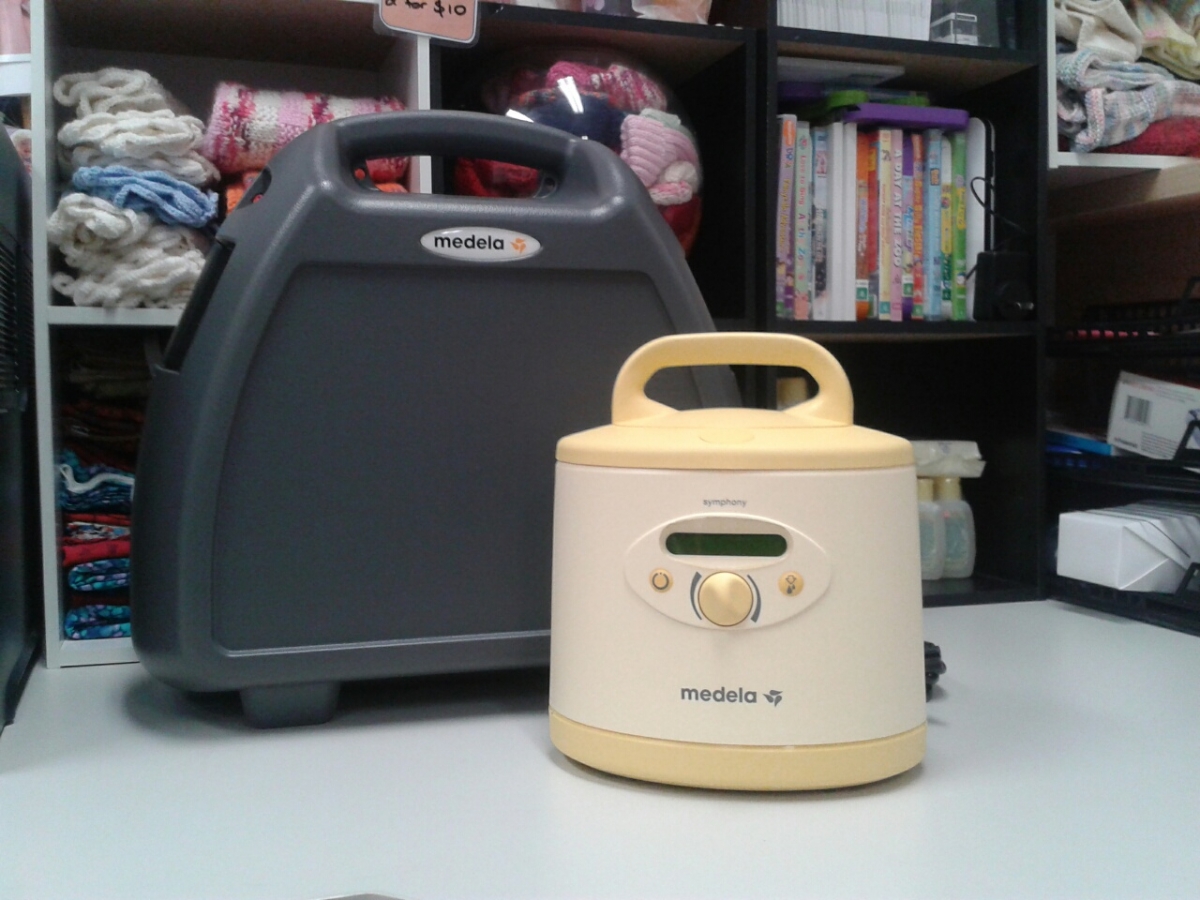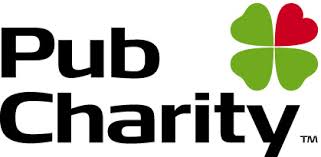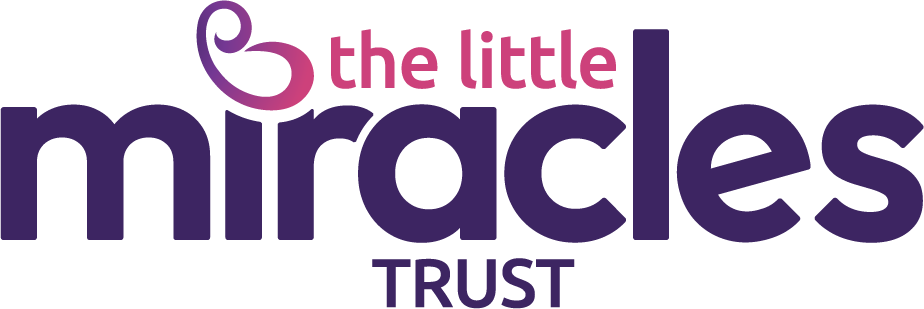The Little Miracles Trust were extremely fortunate to receive delivery of five new breastpumps, thanks to a grant received from Pub Charity. These breastpumps form part of our breastpump support service in Auckland and Wellington.
 Our breastpump support service is one of the many ways that The Little Miracles Trust supports families. This service has many benefits for the parents of neonatal babies including:
Our breastpump support service is one of the many ways that The Little Miracles Trust supports families. This service has many benefits for the parents of neonatal babies including:
- providing the breastpump service for mothers who have to express milk to feed their babies through gastro or nasal tubes, until their babies are able to breast feed. Once a baby is able to be breastfed, mothers are still required to continue to express breastmilk for “top ups” as premature babies get tired quickly and are unable to complete full breastfeeds. Also milk is required for feeds when mothers cannot be at the hospital. Mothers cannot be at hospital for 24 hours a day yet they must express at least six to eight times a day and also at night time to keep up an adequate supply of milk as this is vital to maintaining supply
- reducing the stress and inconvenience of travel. The fact that we are based on site in the hospitals means that logistics are less of an issue – key for new parents, particularly those who have had c-sections or complications themselves and also have had to deal with the arrival of a new baby in circumstances outside of the norm
- the provision of equipment support, ‘how to’ training (use and cleaning), and other benefits not always available from other operators; and
- the use of quality equipment that is robustly cleaned and maintained by trained staff or volunteers.

Thanks Pub Charity!
We are extremely grateful to Pub Charity for funding these breastpumps. They will make a huge difference in allowing us to make a difficult start to life that little bit easier for more parents going through the stress of a neonatal journey.
So very important
While the virtues of breastmilk for babies are well known, the particular importance of breastmilk for premature babies is not as widely known. Medical research into the health and survival of a premature baby is showing that, as for all babies, breastmilk is vital. Doctors and scientists recommend breastmilk feeding for the following reasons:
- A woman’s breastmilk is specifically tailored for her baby
- It is easy to digest, so the premature baby will gain the most nutrients with the least effort, even with their immature digestive capabilities
- There is little waste with breastmilk and the elimination of this waste will not overtax immature kidneys
- Breastmilk, especially the first milk (colostrum), is very important because it increases the baby’s resistance to many infections and diseases
- The milk from mothers of premature babies has special qualities which allow for optimum growth and development. ‘Preterm’ milk, although similar in many respects to full-term milk, contains higher concentrations of protein and some immunological components and minerals
- Even the tiniest amounts of breastmilk contain very concentrated amounts of nutrients and immune components, so even if a mother is able to produce only a trickle of breastmilk, the baby still benefits.
Other key points include:
- Mothers of premature babies produce breast milk that is slightly different in composition, at least for the first several weeks, and this difference is designed to meet their baby’s particular needs. The premature milk is higher in protein and minerals, such as salt, and contains different types of fat that their baby can more easily digest and absorb. The fat in human milk helps to enhance the development of the baby’s brain and neurologic tissues, which is especially important for premature infants
- Human milk is easier for premature and sick babies to digest than formula and avoids exposing her immature intestinal lining to the cow’s milk proteins found in premature infant formula. Premature babies who are breastfed are less likely to develop intestinal infections than are babies who are formula-fed. The milk produced contains high concentrations of antibodies to help your baby fight infection. A premature baby faces a higher risk of infection because their immune systems are particularly immature
- For a premature baby, breastmilk is especially important to prevent damage to baby’s immature digestive system. Premature babies who are formula fed are much more likely to get necrotising enterocolitis (a condition where part of the bowel undergoes necrosis (tissue death)).
Due to the fact of their prematurity, most babies in a NICU are not ready to breastfeed. However they can still enjoy all the benefits of breastmilk by the mother expressing her breastmilk. A baby can be fed breastmilk through a tube into their tummy or it can be frozen to have via a bottle later. However once a baby is strong enough, mothers are encouraged and given support to successfully breastfeed their baby.
Feeding their baby is often the one thing that a mother can do for their baby. And by providing this vital part of their babies care can be a positive outlet for all the feelings a mother has when her baby is born prematurely.

